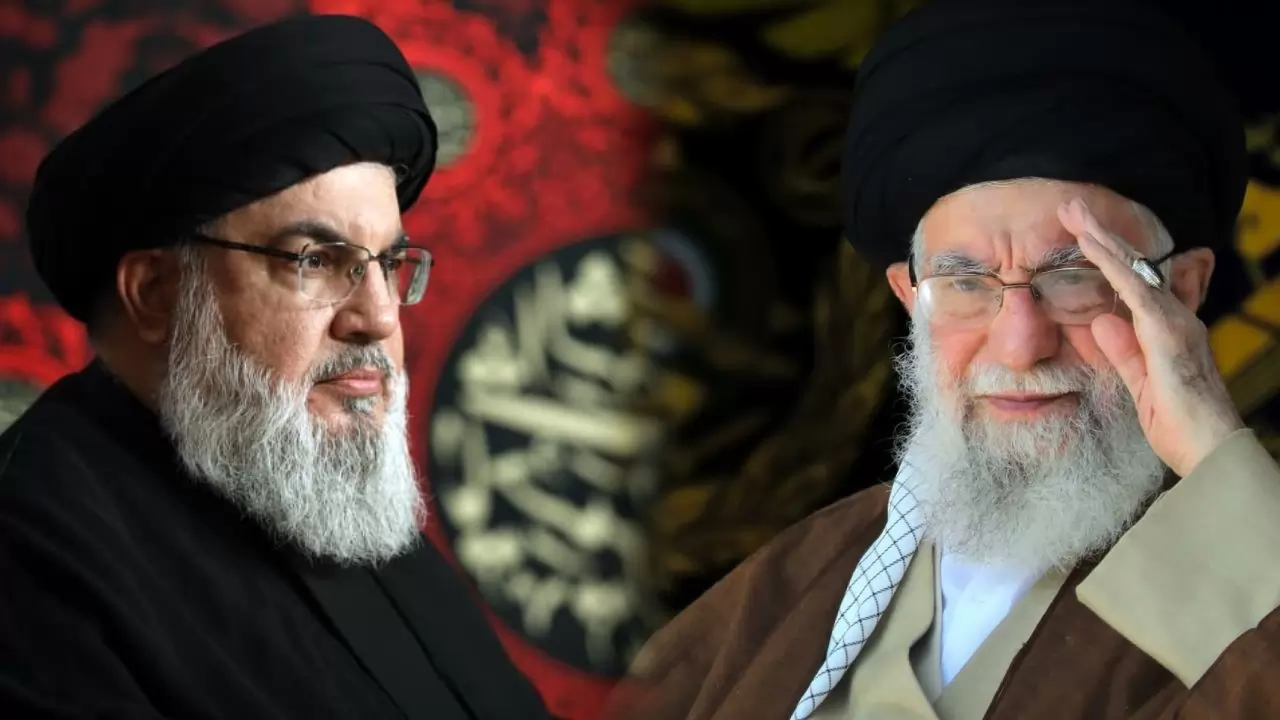
Ayatollah Ali Khamenei, Hassan Nasrallah (X/MarioNawfal)
Tehran: In a significant development, Iran’s Supreme Leader, Ayatollah Ali Khamenei, has reportedly reached out to Hezbollah’s leader, Hassan Nasrallah, offering unwavering support in their ongoing struggle against Israel.
According to sources, Khamenei conveyed his backing through a letter addressed to Nasrallah. In this communication, the Iranian leader expressed his readiness to assist Hezbollah in their confrontation with Israel, stating, “I am at your service; we are ready to help whenever you want.” This message underscores the deep alliance between Iran and Hezbollah, highlighting Iran's commitment to supporting its allies in the region.
This offer from Iran could signal a further escalation in tensions between Israel and Hezbollah, a group that has long been a key player in the Middle East’s complex geopolitical situations. Khamenei’s assurance of support might also reflect Iran’s broader strategy of bolstering its influence through regional allies, especially in conflicts involving Israel.
🇮🇷🇱🇧IRAN TO HEZBOLLAH: WE’RE READY TO HELP
— Mario Nawfal (@MarioNawfal) September 25, 2024
Iran’s Supreme Leader, Ali Khamenei, is reported to have sent a letter of support to Hezbollah leader Hassan Nasrallah, offering to help in their fight against Israel:
“I am at your service; we are ready to help whenever you want.”… https://t.co/6mvAfCujAj pic.twitter.com/6DnlUTIwdA
According to a recent report by Axios, Hezbollah officials were reportedly turned down by Iran after reaching out for support in launching an attack on Israel. The report suggests that Hezbollah sought Iranian backing for a full-scale assault on Israel, but Iranian officials declined the request, indicating that "it wasn't the right time for war."
The decision to reject Hezbollah's request is believed to be influenced by President Masoud Pezeshkian’s presence in the United States for the UN General Assembly session. Iranian officials reportedly expressed concerns that a military escalation at this time could complicate diplomatic efforts and potentially undermine Iran's strategic interests on the global stage.
This development highlights the ongoing tension between Hezbollah and Israel, while also shedding light on Iran's calculated approach to regional conflicts. Despite Hezbollah’s warnings and desire for action, Iran’s refusal underscores a preference for strategic restraint, at least for the moment.





Copyright © 2026 Top Indian News
